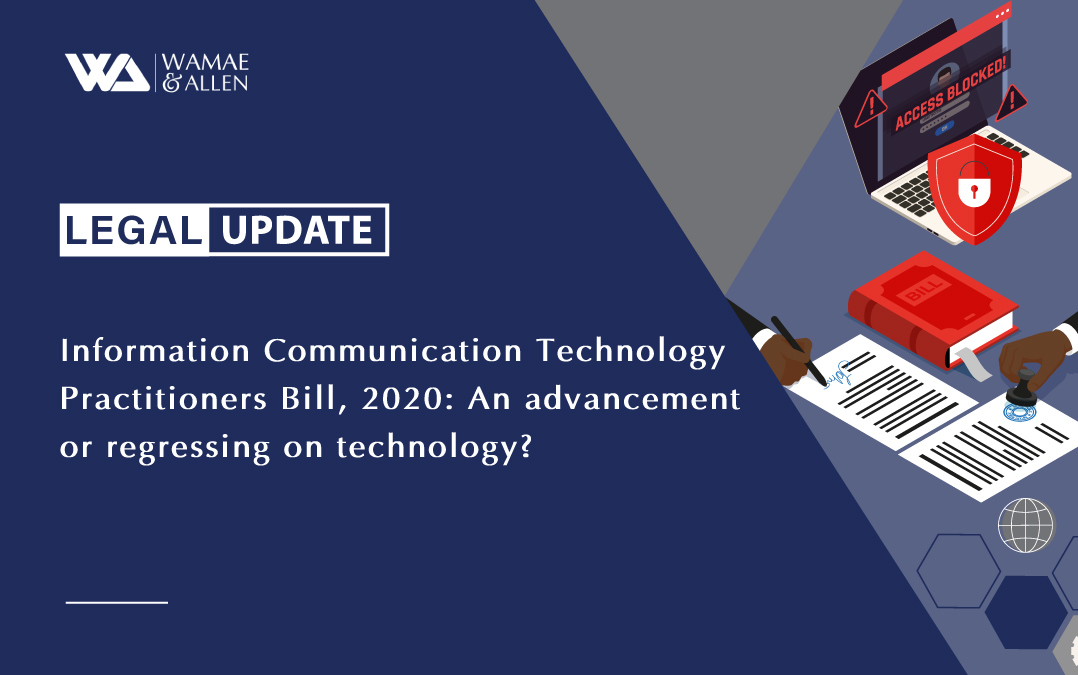 Loading...
Loading...
 Loading...
Loading...
by Wamae Allen | Jun 21, 2022 | Legal update | 0 comments

 Loading...
Loading...

Join our mailing list to receive the latest news and legal updates from our team.
We collect this information for the purpose of identifying and communicating with you, responding to your requests/enquiries, and improving our services.